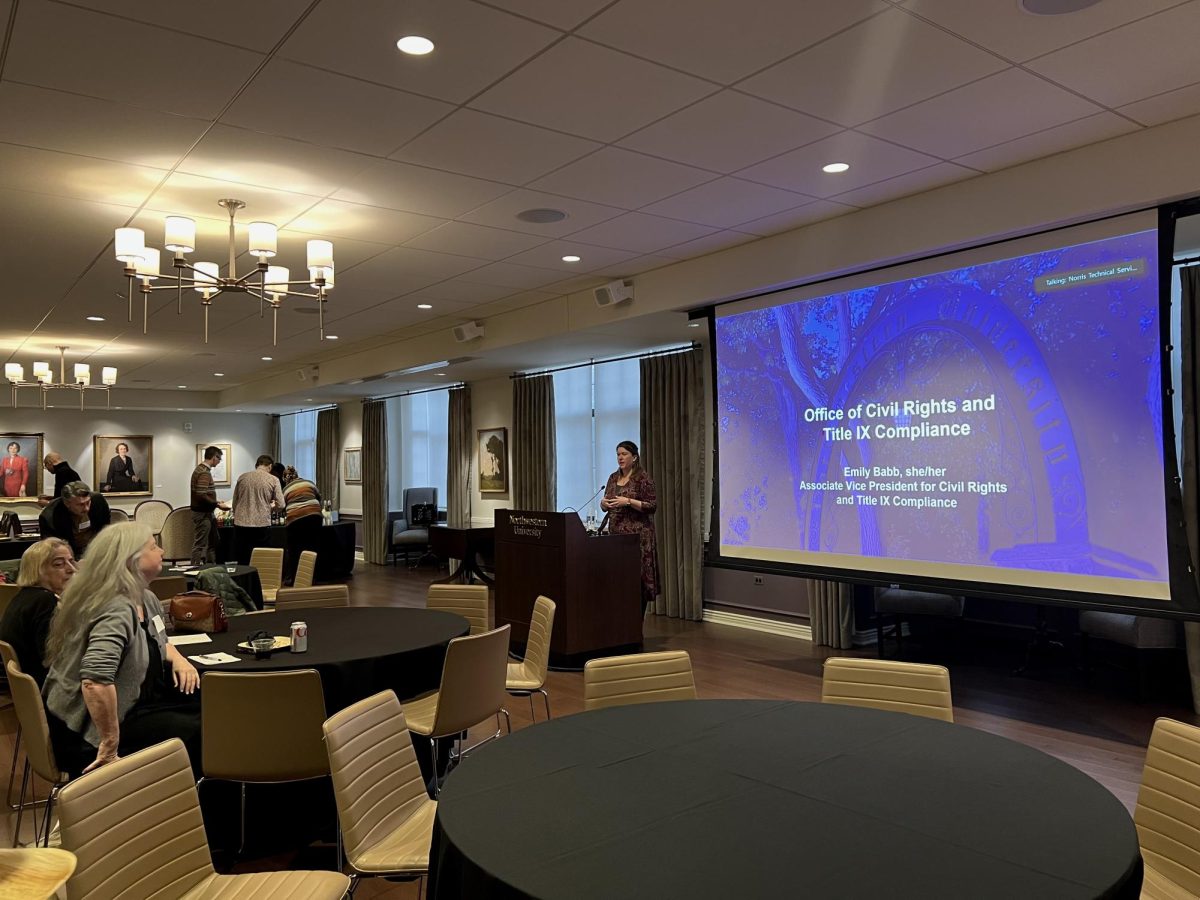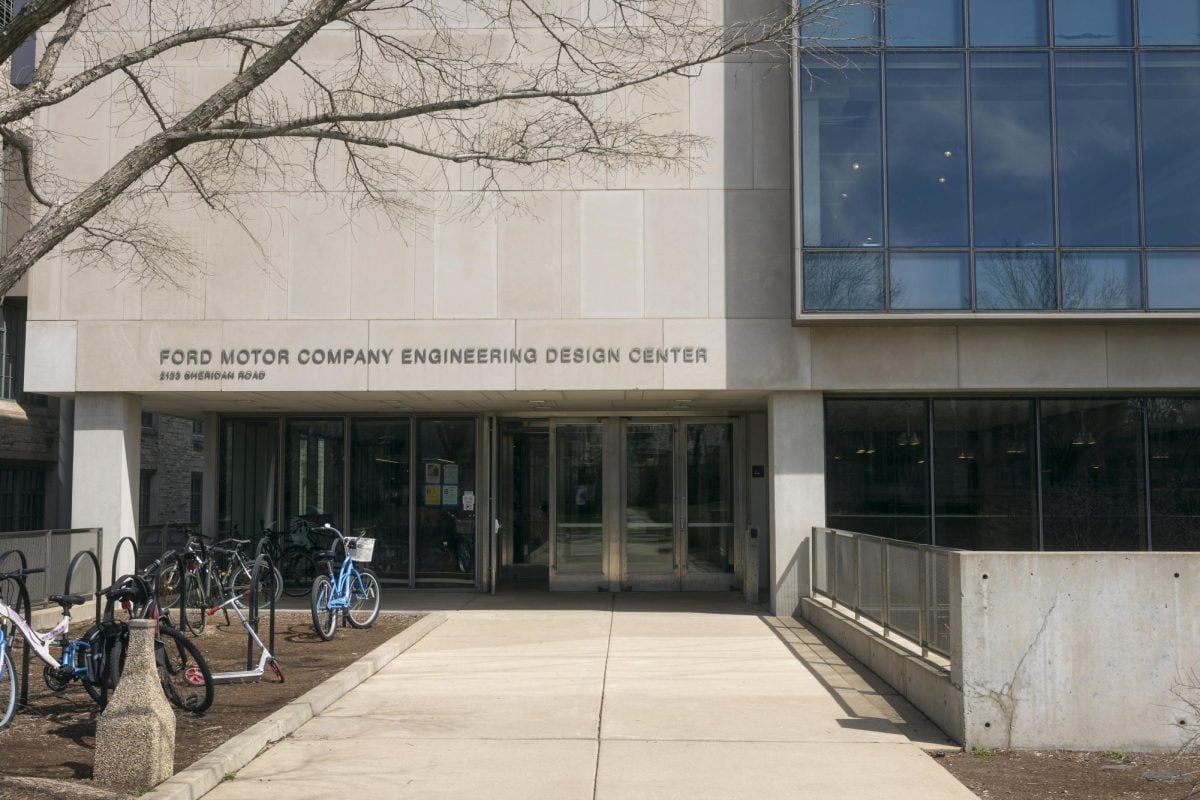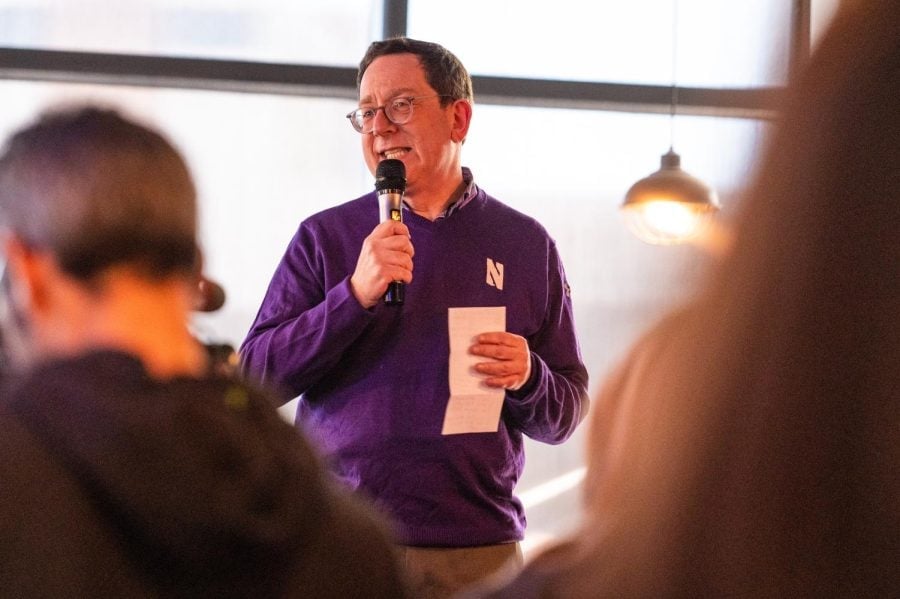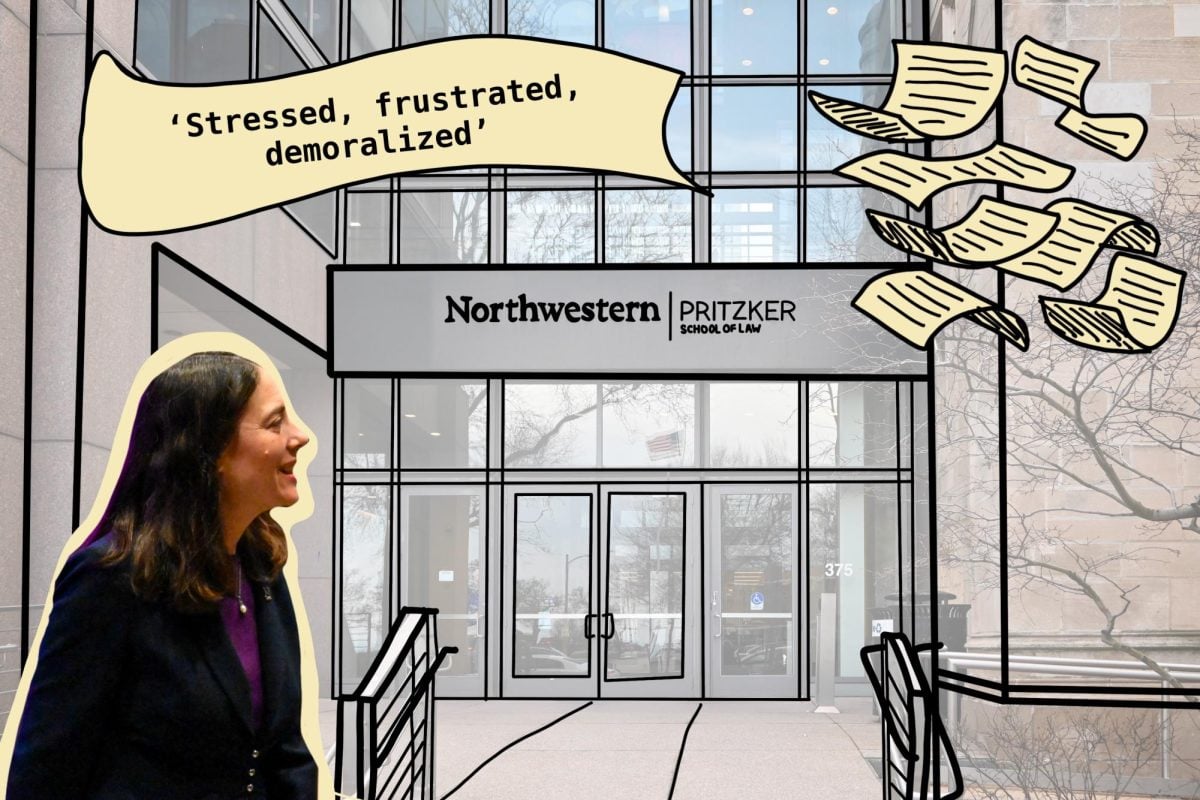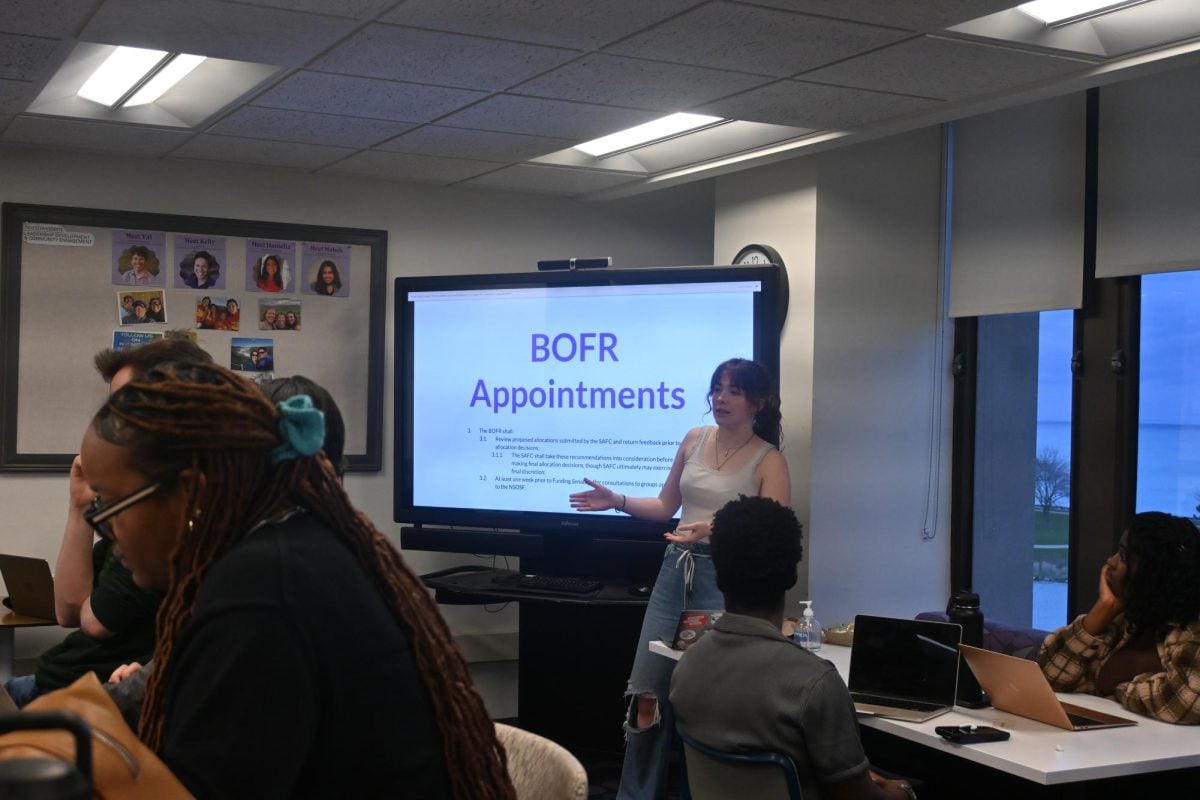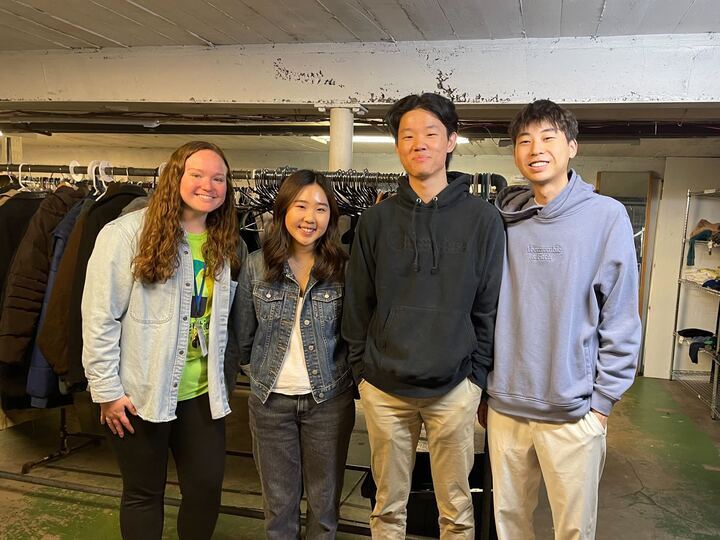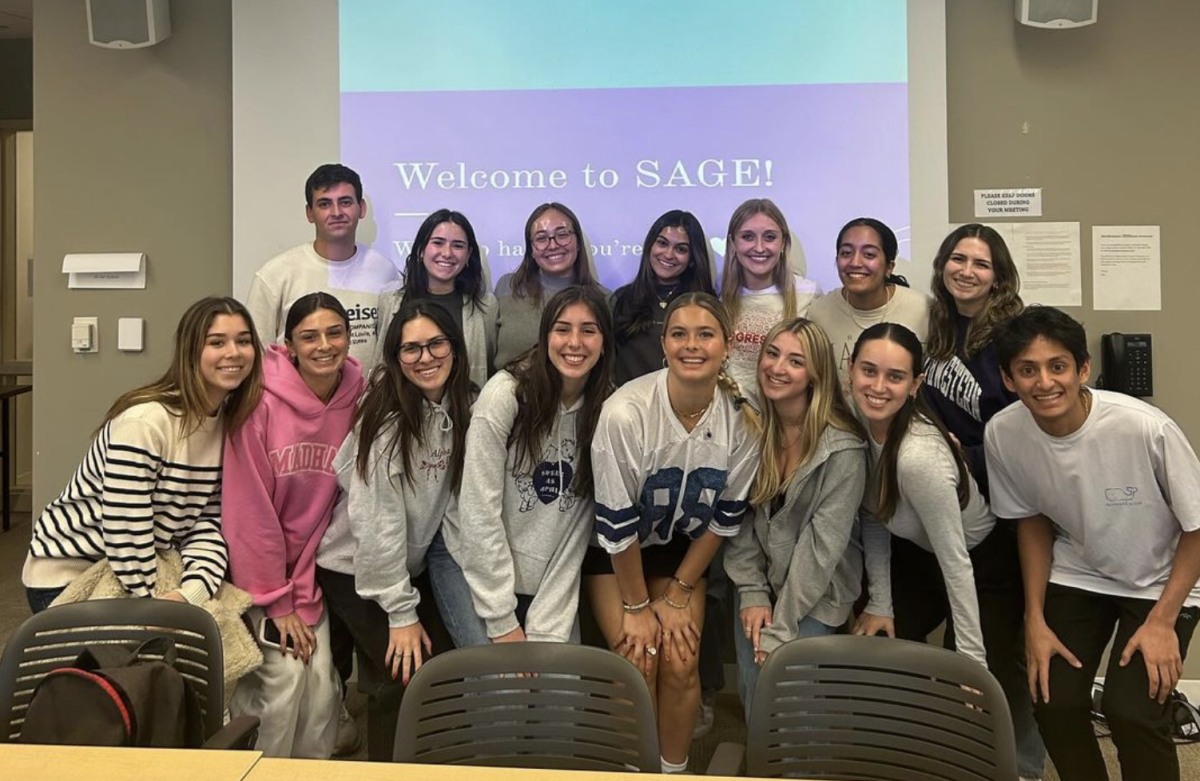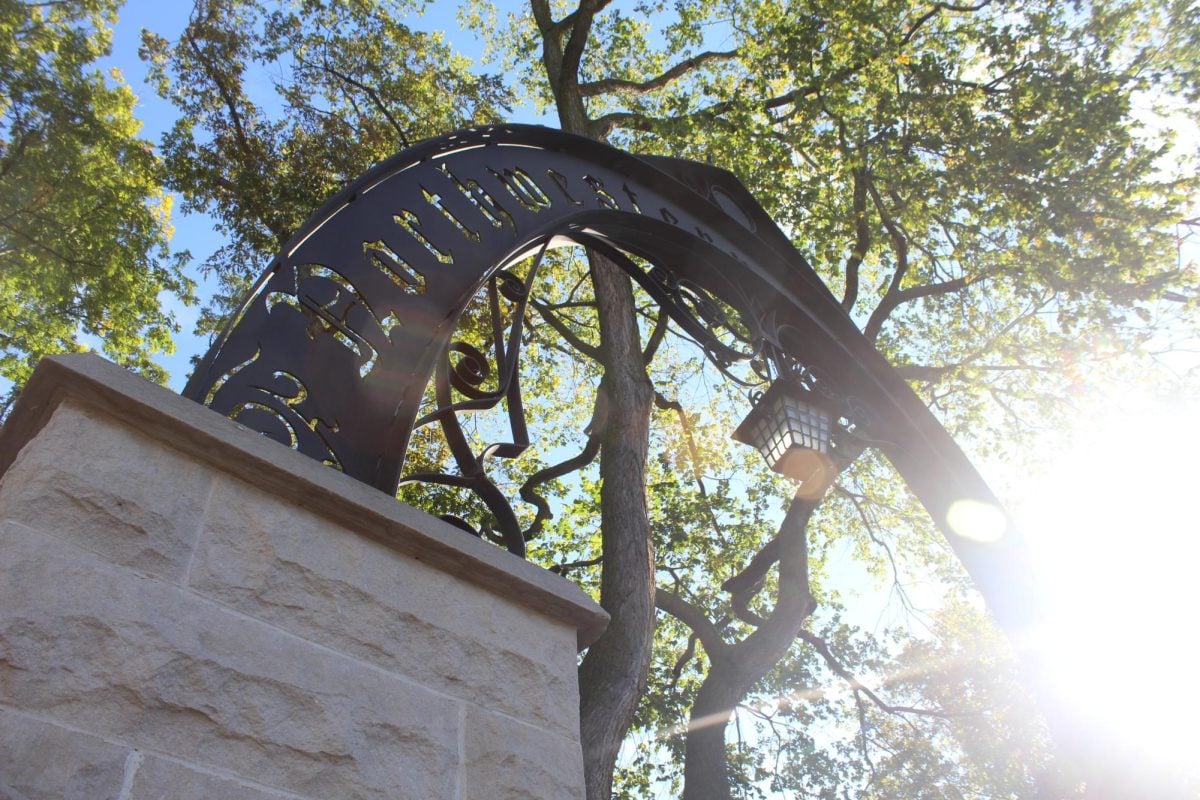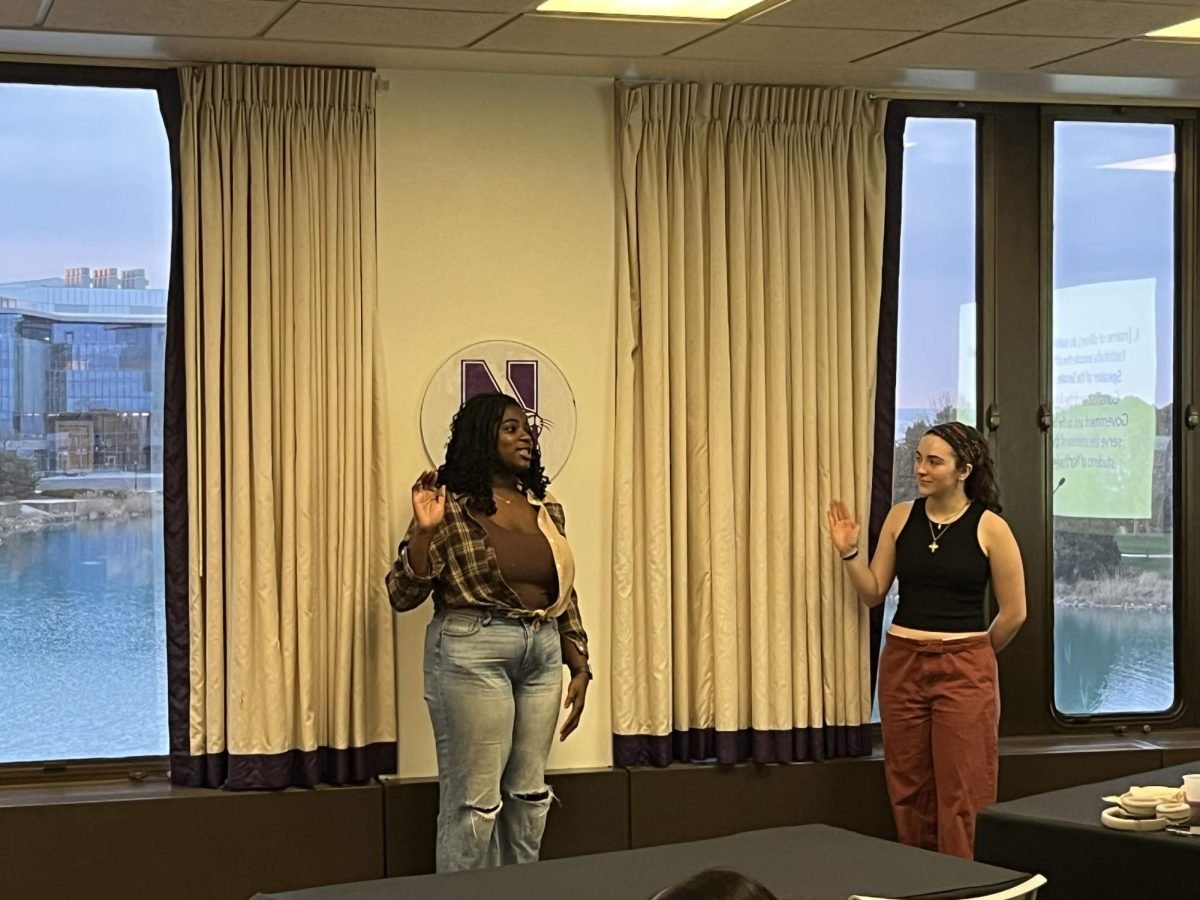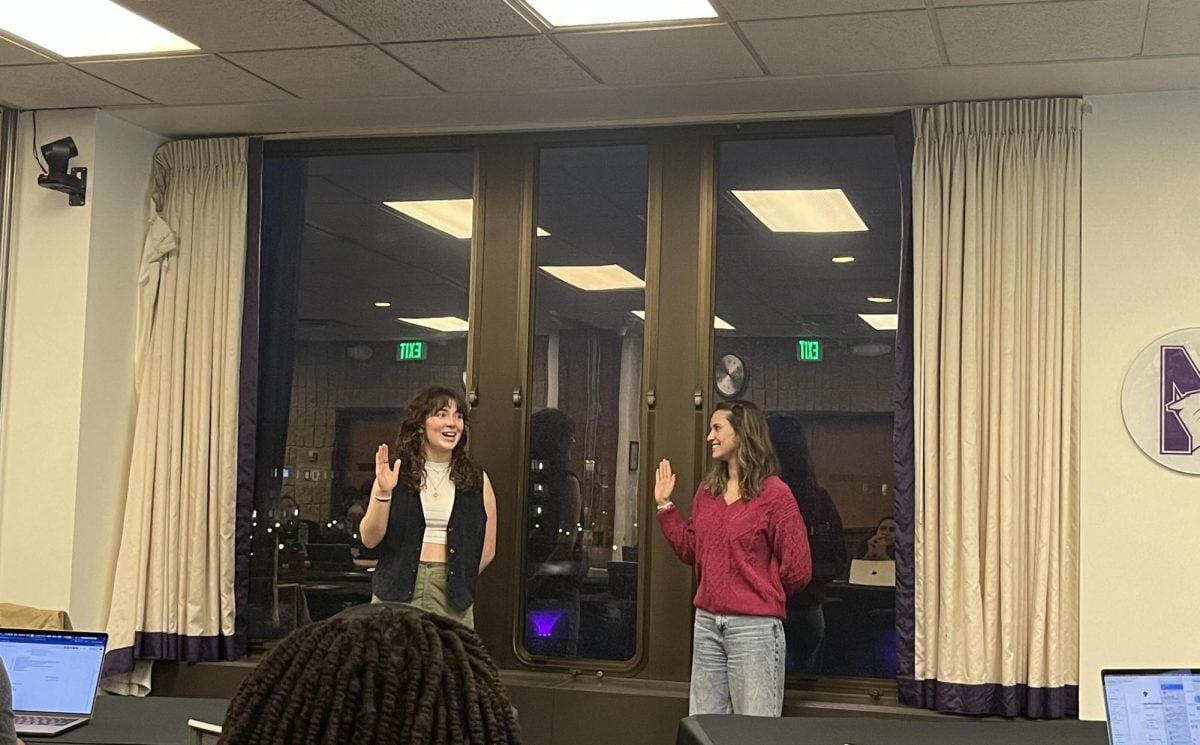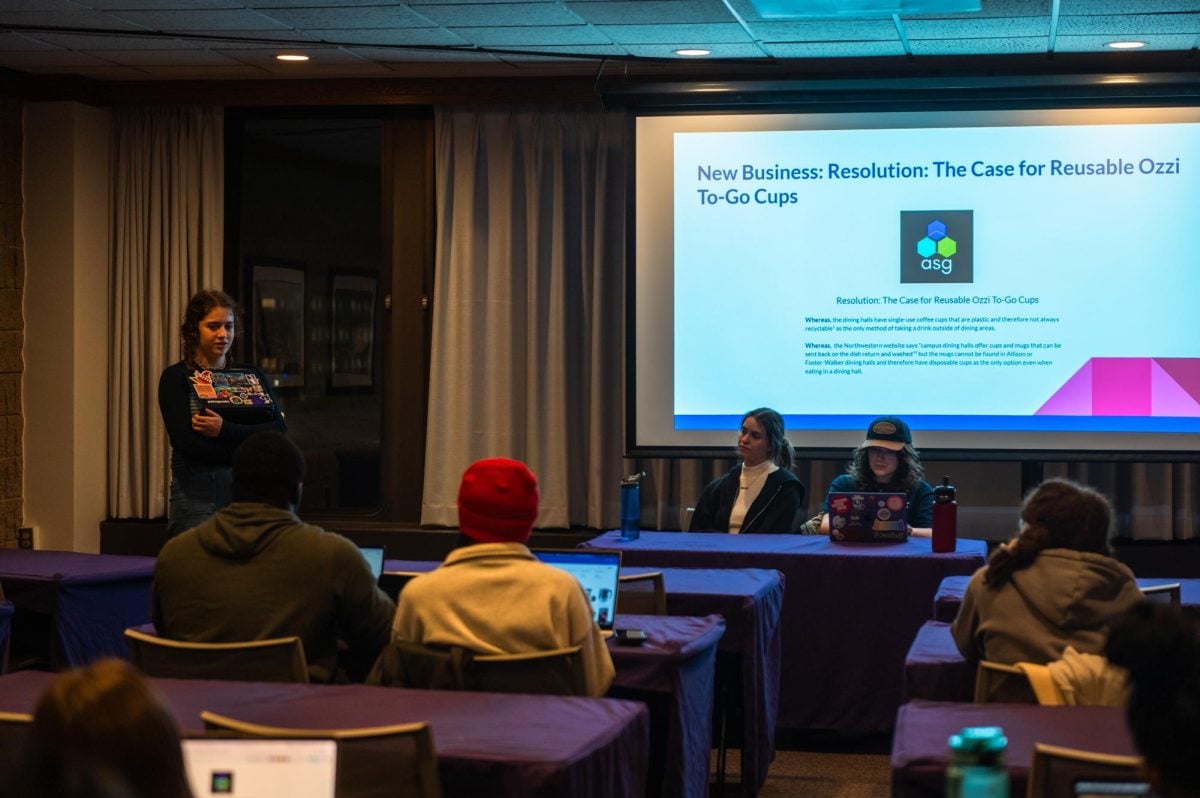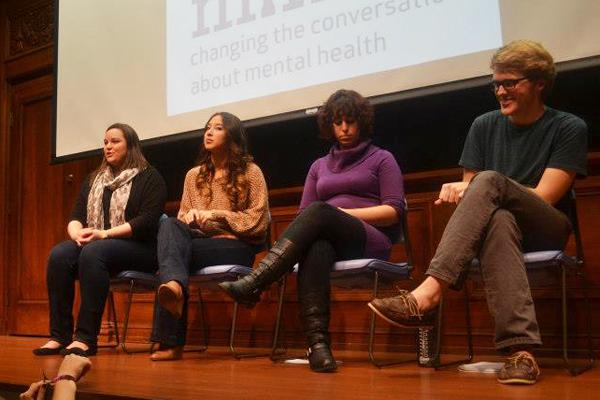
As of March 1, Counseling and Psychological Services has experienced a 9 percent increase in the number of students using their services this year.
This increase comes as CAPS is attempting to expand its services and staff, something it has been planning to do for a while, but which might finally come to fruition due to heightened student usage. CAPS executive director John Dunkle said he has requested funding for an additional four full-time psychologists.
Dunkle said between June 18 and March 1, 1,586 students used their services. For comparison, 1,461 students accessed services in the same time period one year ago, he said.
Dunkle said there is no clear indicator for the increase, but he did say the deaths of McCormick sophomore Harsha Maddula and Weinberg junior Alyssa Weaver in the fall, as well as continued struggles to find employment in a tough economy, may have contributed.
“You can’t pinpoint one thing,” Dunkle said. “This increased demand for services is happening across the board, whether in higher education or in mental health facilities (in general).”
Dunkle said he has been researching the framework of mental health issues at peer institutions, such as Duke University and Cornell University, with students on the campus coalition on mental health. He said although the services offered by CAPS parallel peer institutions, NU lags behind other schools in its ratio of staff to students.
Altogether, the office has 18 employees, but not all are full time. Its ratio between full-time equivalent employees and students is 1 to 1,211. Dunkle said he hopes to bring that ratio down to 1 to 1,000 or better.
“We have to really make our students’ health and wellness a major priority because otherwise they can’t succeed in general,” Dunkle said.
He said if CAPS receives the funding, one of the psychologists will likely run the Question-Persuade-Refer Suicide Prevention Gatekeeper Training Program, which teaches students how to question someone about suicidal thoughts, persuade them to obtain assistance and refer them to the most suitable services.
Dunkle said so far more than 800 members of the University community have been QPR certified since the program began. Alex Van Atta, a member of the campus coalition on mental health and ASG vice president for student life, said CAPS trained the entire ASG senate and executive board during a meeting last week.
Dunkle also noted CAPS hoped to have one new hire to focus on programming for “students of color” through Multicultural Student Affairs. He said data from a recent survey showed students from the multicultural community were less likely to reach out for help from CAPS.
The issue of mental health was raised at last week’s march and demonstration for a change to NU’s “culture of racism.” Bienen senior Rohan Zhou-Lee highlighted this as an area that needed improvement when he spoke to more than one hundred students gathered at The Rock.
The third psychologist would likely be “somewhat of a generalist,” and Dunkle said he hopes he or she would allow CAPS to offer more long-term treatment options. Currently, he explained, students are given 12 free sessions after an initial intake appointment.
“My hope is as we get more staff we would be able to explore what would we be feasible in terms of increasing session limits,” he said. “It doesn’t mean we’ll be able to see everyone full-time.”
The fourth psychologist Dunkle proposed would work with two graduate students and the student group NU Listens to develop a peer listening program. Weinberg senior Miriam Mogilevsky first approached Dunkle to bring a program like this to campus two years ago.
“Not everyone is lucky enough to have the type of friend who will sit there for an hour and listen to you,” she said. “In a college setting where connections are often so short-lived, it would be good to have a place you can always go to be listened to.”
Mogilevsky explained the program would train students to be “active listeners” to the problems of their peers. They would not try to actively give advice or act like a professional counselor.
She said a survey last year showed about 75 percent of the student respondents thought NU needed this service. Mogilevsky said the majority of NU’s peer institutions have this kind of programming.
A new counselor is needed to make sure the program is started “responsibly” and that students receive proper training, Dunkle said.
As CAPS attempts to expand its staff, the campus coalition on mental health has been meeting throughout the quarter to explore ways they can identify students at risk and raise awareness of the services CAPS offers. Earlier this quarter, CAPS announced that due to funding from an anonymous donation, they would be offering an orientation program about mental health resources.
Van Atta said the coalition is currently pushing to expand training about mental health particularly to first points of contact for new students, such as peer advisors and community assistants.
“It’s a really important priority,” the McCormick junior said. “People may not be talking about it 24/7, but it’s something the entire Northwestern community can benefit from.”



